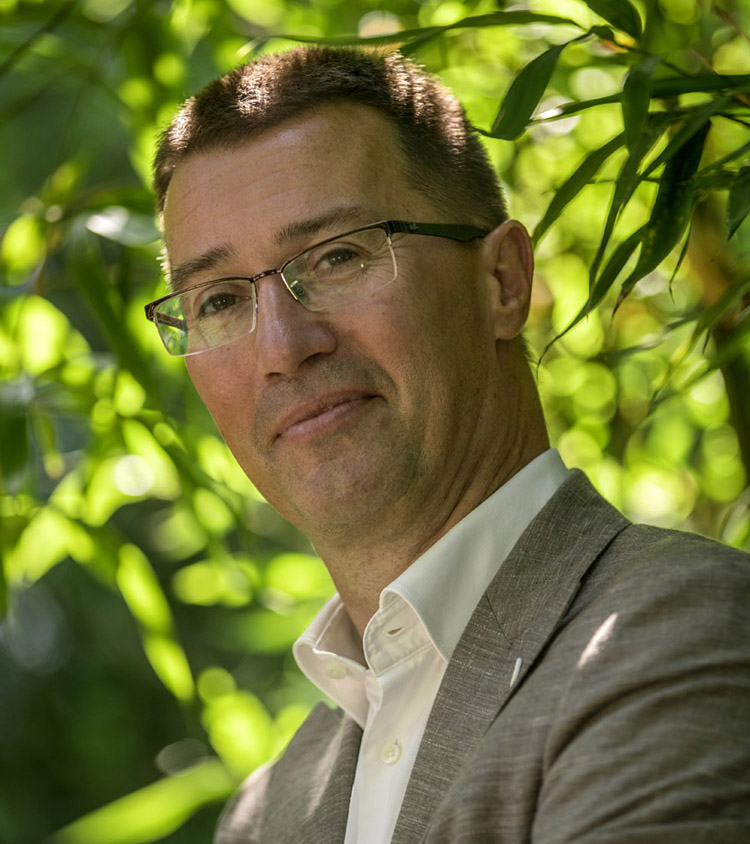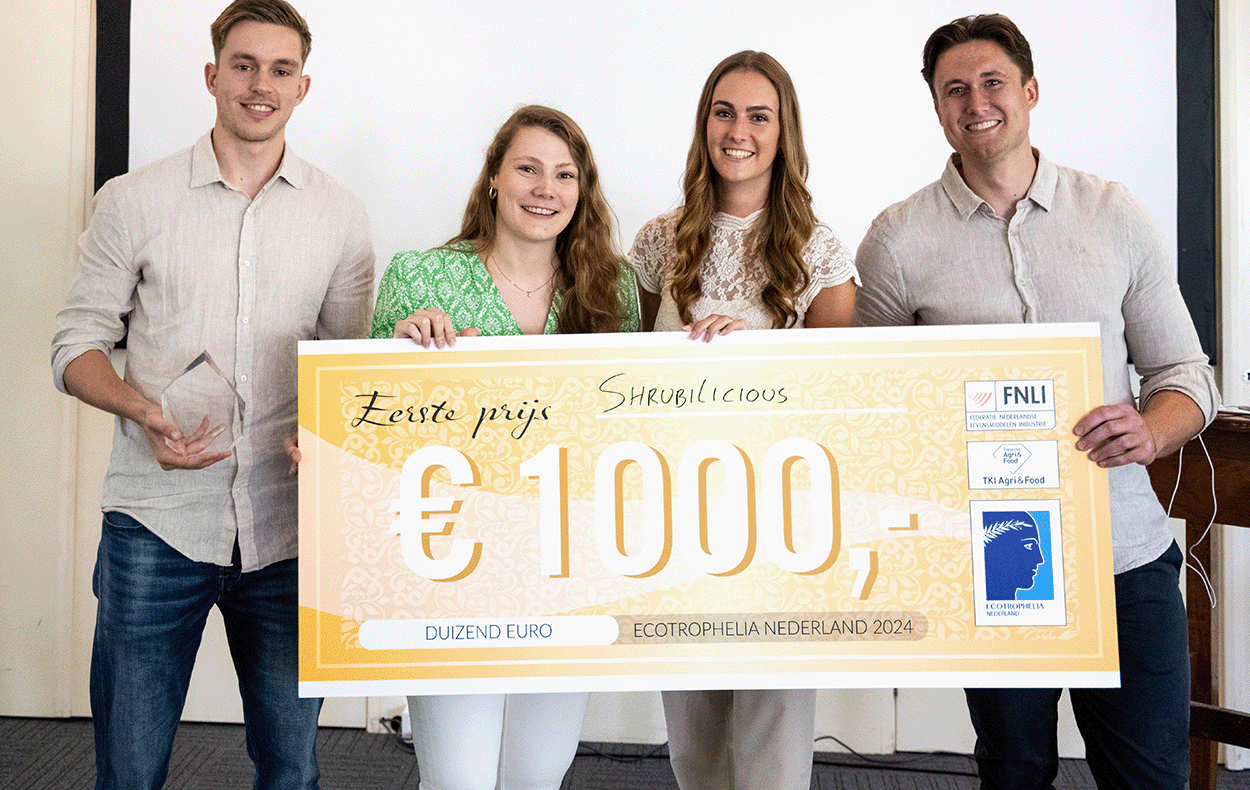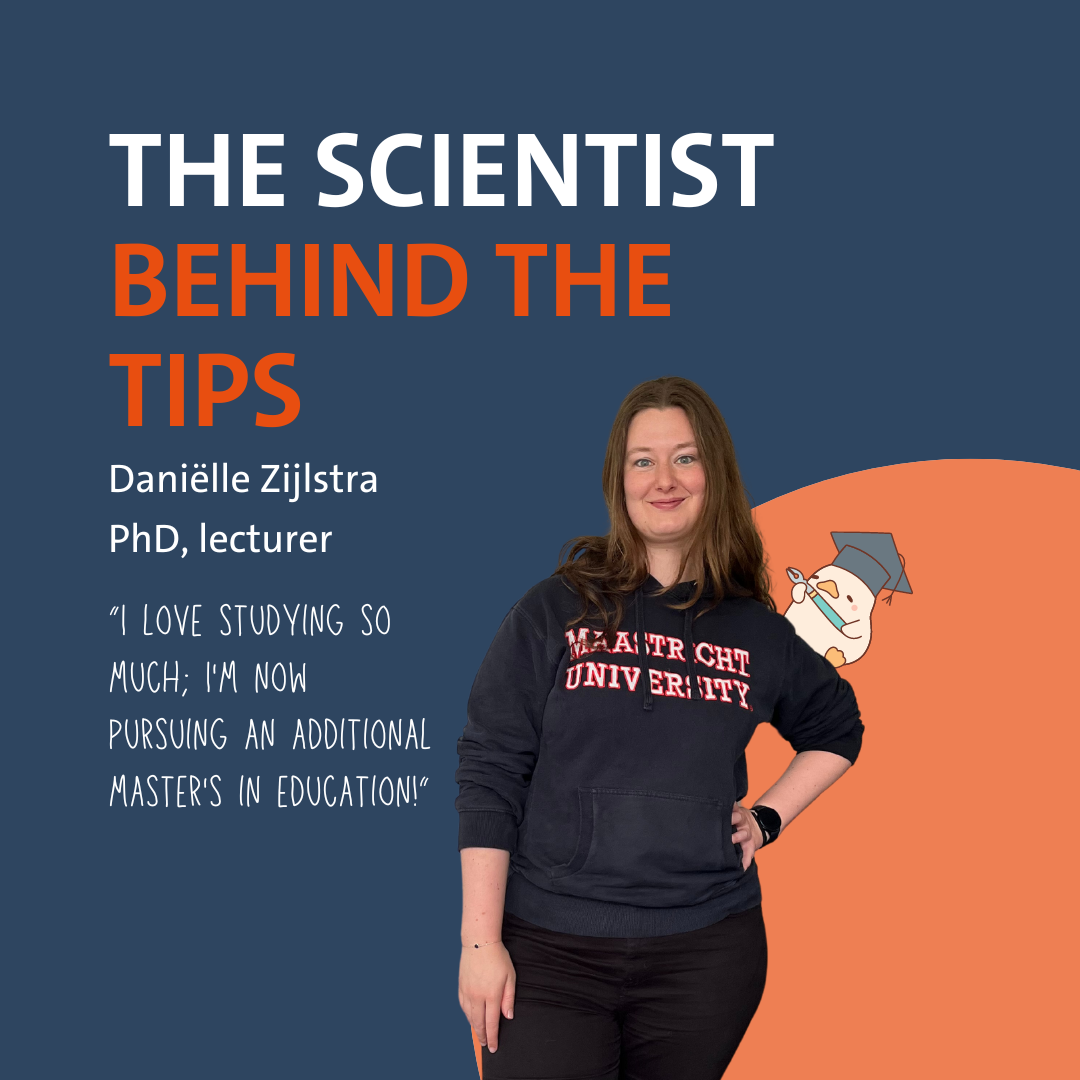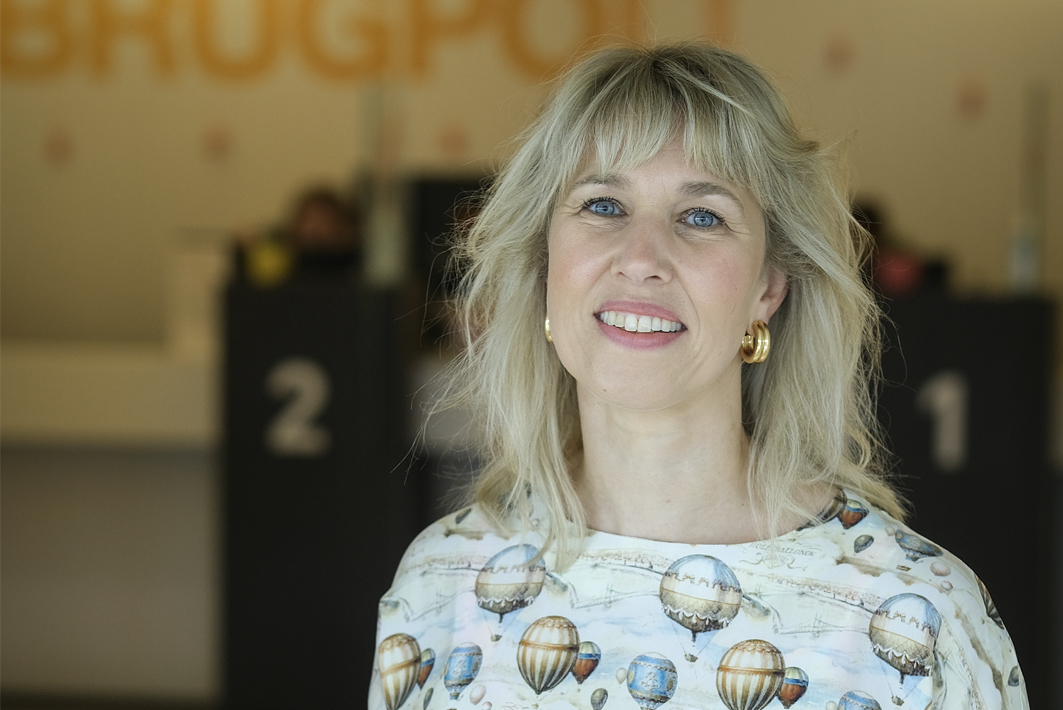Realising hair’s information richness
“Like artists, scientists need space”, says Cyrille Depondt, general director of the Dutch Screening Group (DSG). He leads a Maastricht-based company that translates scientific research, such as by Prof. Ron Heeren, to the market. He meets weekly with participating professors for further “Research & Development”. In 2020, they want to conquer the market with their activity “Hair Diagnostics (x)” (HDX). They offer a literally unique service: from a single hair, they can see whether and when the owner has used drugs in recent months, has taken a particular medicine and much more. “2020 will be the year of truth. Although that’s the case every year with a start-up.”
Hair analysis: a sleeping giant awakened
Cyrille Depondt comes from an entrepreneurial family, so when he met Professor Ron Heeren and heard about his scientific work, he soon realised he had a sleeping giant on his hands. Ron Heeren developed a method for gleaning large amounts of information from a single hair using mass spectrometry (a kind of molecular photo camera). Depondt: “For example, one day, four weeks ago, you smoked a cigarette.” But there was no idea of how to translate this to the market until Depondt came into the picture. “Of course, countless applications are conceivable.”
A unique service has its points of interest
In the past year, he and his six full-time employees have made every effort to market HDX robustly, from a protocol determining whether they can meet market demands to the way hair is received and privacy issues. “No one else in the world is offering this service. We have a head start, but first, can we meet the many requests? If, for example, you ask us whether we can screen a particular drug in a hair, our protocol allows us to respond as quickly as possible.” The mission was also reformulated. “Since there are endless application possibilities and ethical conduct is one of our core values, a clear definition is required. The focus is on the health perspective.”
Five services, for a start
HDX has initially identified five services for the market: screening for drug use, for medication, for detecting the presence or absence of elements such as heavy metals, for nicotine, for biomarkers related to certain diseases and finally for animal hairs for, for example, banned growth products in the bio-industry. Depondt: “There is such a broad field in which our technology is of value that the ‘problem’ is which choices to make rather than finding customers.” HDX is currently investigating whether hair identifies silicone polymers, because they are released when a silicone breast prosthesis starts to leak. This could result in an annual non-invasive screening for women with such implants.
Weekly brainstorming about the future
The commercial interest is not paramount for HDX and DSG. but they still have some reliance on them. “We are a for-profit company, but since our shares are largely in the hands of Maastricht UMC+ and UM, the yield largely flows back into research.” Professors Ron Heeren and Steven Olde Damink, the scientific fathers of this technology, are co-owners and advisors of HDX. They meet weekly with the HDX team to discuss options and developments. “Every week, I come home positive from those meetings because they generate so many good new ideas. Like artists, scientists need space. Very positive energy is released when science and business meet and reinforce each other in this way.”
Depondt says the professors’ involvement at this phase of the company is desperately needed. “Their research forms the heart of our company. One of my responsibilities as an entrepreneur is to shift the focus from ‘what we have interest in doing,’ to ‘what is the potential market demand.’ If you ask me, the cooperation really couldn’t be better.”
2020: the year of truth
HDX has been “in business” since November 2019. Now the focus is on attracting “big” customers. “2020 is the crunch year. Though that’s the same every year with a start-up”, laughs Depondt. “I think our future looks very good. And I cordially invite researchers and doctors who are curious about what we can offer.”

Prof. dr. Ron Heeren, professor of Molecular Imaging and director of UM research institute M4i, is receiving the 2019 NWO Physics Valorisation Prize one of these days, for how he translates his physics research into social added value. One of the spin-off companies that originated from Heeren’s scientific knowledge is Dutch Screening Group (DSG). Hair Diagnostics(x) (HDX) is one of the business activities within DSG.
Also read the story about ASI, another 'Heeren spin-off company'.
Or read the interview with Ron Heeren about valorisation.
Also read
-
Maastricht University students have won the Dutch final of the student competition Ecotrophelia, a drinking vinegar based on apple cider vinegar, fruit and herbs.
-
In the upcoming months, we’ll share tips on Instagram for our students on how to live a healthier life. Not just a random collection, but tips based on actual research happening at our faculty. The brains behind this idea are Lieve Vonken and Gido Metz, PhD candidates at CAPHRI, the Care and Public...
-
Mayke Oosterloo is a movement disorders neurologist at Maastricht UMC+ and a researcher at the MHeNs institute of Maastricht University. In the outpatient clinic and various nursing homes in Limburg, she guides and treats patients (and their loved ones) with Huntington's disease.


